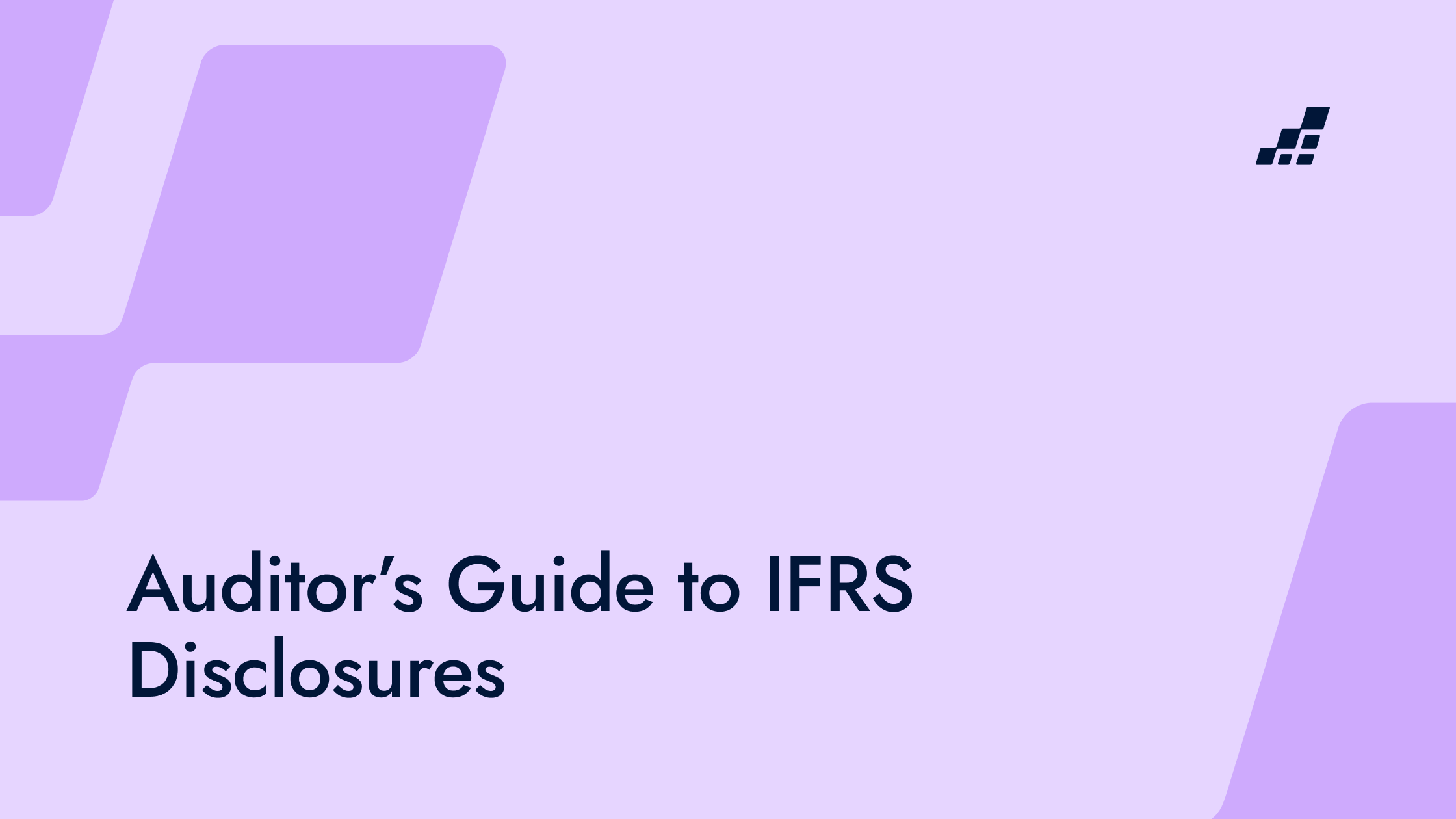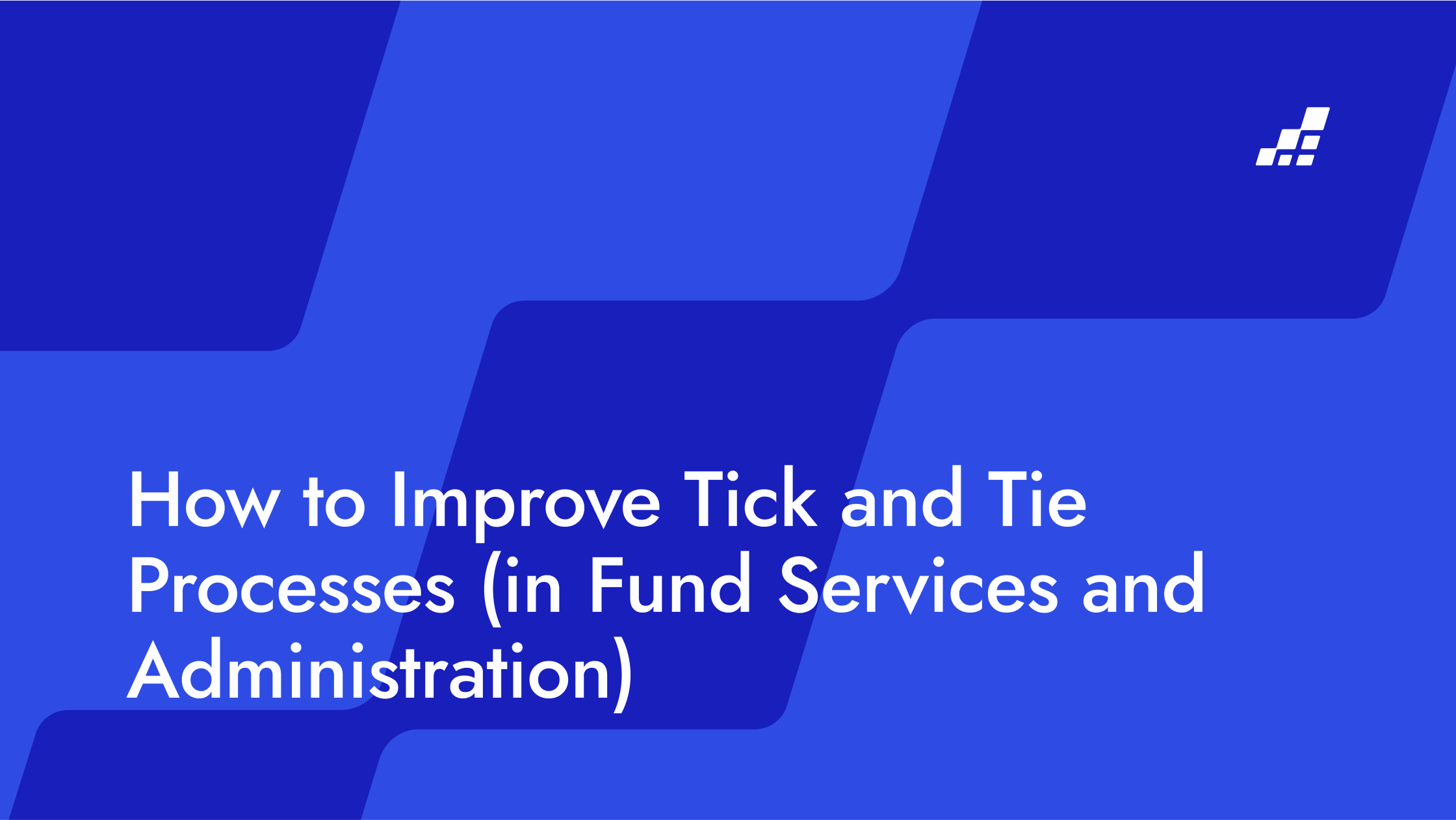- /
- Blog
Top 7 Benefits of Audit Automation

In today’s fast-paced business environment, the role of auditors is evolving rapidly. The pressure to deliver accurate, timely, and high-quality audits while managing increasing workloads and ever-changing regulations has left many audit professionals overwhelmed. Traditional, manual processes—once sufficient—are now too slow and prone to error.
In this article, we’ll explore the top seven benefits of audit automation and how it’s transforming the audit landscape for the better.
Top 7 Benefits of Audit Automation
1. Maximize Efficiency and Reduce Costs
One of the most valuable benefits for auditors is the significant improvement in efficiency. The audit process often involves repetitive tasks that can be both time-consuming and mind-numbing—such as gathering client documents, verifying transactions, and chasing clients for missing information.
Audit automation can take over these tasks with incredible speed, automatically extracting data, matching transactions, and following up with clients. Not only does this dramatically cut down audit timelines, but also reduces costs by minimizing the time spent on repetitive tasks, allowing auditors to focus on more valuable work.
2. Achieve Reliable and Error-Free Audits
Audit automation significantly reduces the risk of human error, a common challenge in manual audits. Mistakes like typos in data entry, misinterpreting documents, or missing small inconsistencies can lead to serious issues—but automation handles these tasks with precision, ensuring no detail is overlooked.
Plus, automation tools are highly adaptable. When regulations change, the system can be updated with new rules, eliminating the need for extensive re-training or overhauling workflows.
Ultimately, automation brings both accuracy and peace of mind. With fewer errors to fix, less time spent on reviews, and more reliable audit reports, everyone—from clients to stakeholders—can trust the process and its results.
3. Broaden Audit Coverage
Automation doesn’t just speed up audits—it makes them far more comprehensive. Traditional audits rely on sampling, but with automation, auditors can analyze entire datasets, spotting anomalies and inconsistencies across all records rather than just a small sample.
A key benefit is automation's ability to handle both structured and unstructured data. Structured data, like numbers in spreadsheets, is already organized for analysis, while unstructured data—such as PDFs, invoices, and emails—requires extra effort to process. Automation tools with AI can extract key information from unstructured formats and organize it into structured data to give auditors a comprehensive picture. This allows auditors to assess all transactions with remarkable speed, improving audit quality and giving clients a clearer understanding of their financials.
4. Sharpen Precision in Risk Assessment
AI-driven audit automation takes risk assessment to the next level. Traditional methods of identifying risks often involve manually scanning for patterns or relying on fixed rules, which can miss subtler or evolving issues. With machine learning algorithms, audit tools can analyze vast datasets with accuracy, identifying unusual patterns or anomalies—like duplicate invoices, sudden spikes in expenses, or irregular payment timings—that may signal fraud or compliance risks.
What makes these tools even more powerful is their ability to learn and adapt over time. As they process more data, they become better at recognizing what’s “normal” and what’s not, reducing false positives and helping auditors focus on real risks. This proactive approach helps spot potential issues early, minimizing the risk of financial or reputational damage.
5. Ensure Full Transparency with an Audit Trail
Audit automation creates a detailed, real-time audit trail. Every action—from data adjustments to approvals—is logged with timestamps, so you always know who did what and when. No more chasing down missing documentation or trying to remember why a number was changed.
This level of transparency ensures the entire audit process is clear and traceable from start to finish. Every step is documented, making it easier to follow how decisions were made and track data flow. It also provides a reliable record for compliance checks and quickly highlights any potential issues in the audit process.
6. Enable Continuous Auditing
By leveraging constant monitoring, automation also ensures compliance and helps track financial reporting throughout the year. It can even identify trends over time, making audits more proactive and helping businesses stay on top of potential problems before they escalate.
7. Improve Job Satisfaction
Audit automation allows auditors to shift their focus from repetitive tasks to high-risk, meaningful work, while also freeing up time for skill development and career advancement. This shift helps employees feel more empowered and motivated, leading to improved retention and a stronger, more engaged team.
Conclusion
Audit automation is changing the game, offering benefits that go far beyond just speeding up processes. By boosting efficiency, accuracy, and audit coverage, automation lets auditors focus on more complex, strategic tasks while taking the stress out of repetitive work. The result? Better audits and a healthier work-life balance.
As automation continues to evolve, the future of auditing holds exciting possibilities. Adopting these innovations empowers auditors to deliver deeper insights and build greater trust—driving both personal and business success.
Want to know more about the future of audit?
Download eBook—The Future of Audit is Intelligent Automation.
Discover how intelligent automation is shaking up the audit profession and why many consider it the absolute future.

